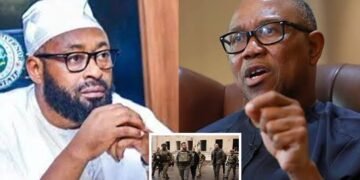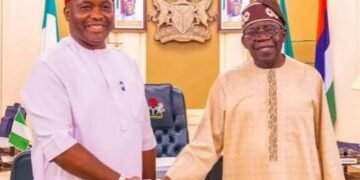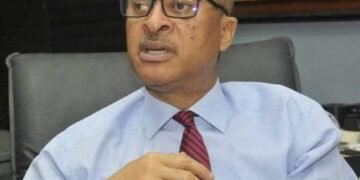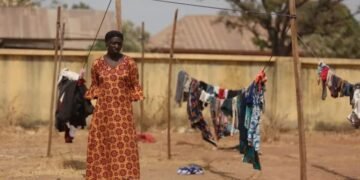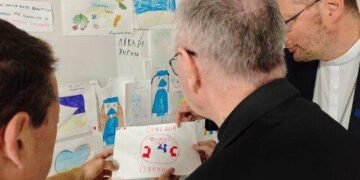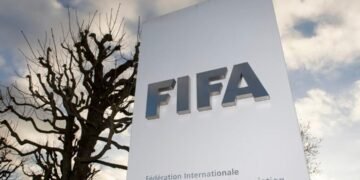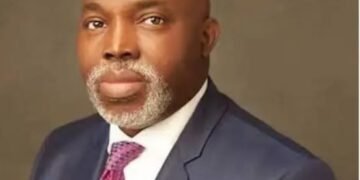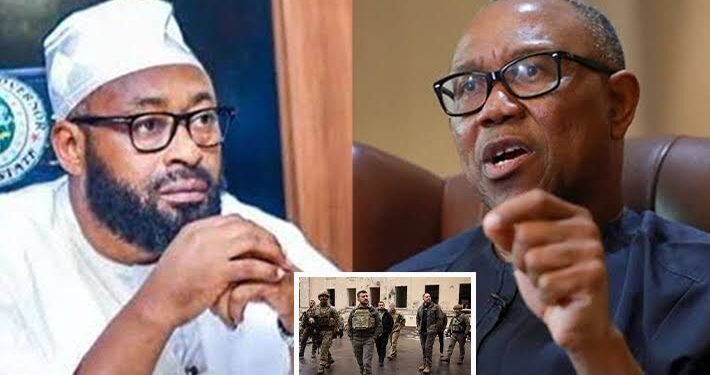By Nna Anulumadu
The presidential Candidate of the Labour Party (LP) in the 2023 General elections, Mr Peter Obi, has described the donation of 25,000 tonnes of wheat as emergency food assistance to 1.3 million vulnerable, crisis-affected people in Northeast Nigeria by war ravaged Ukraine, as a national embarrassment and disgrace.
Mr Obi however noted that the national disgrace stemmed from years of leadership failure, which, he stressed, necessitated urgent reflection and a reordering of the nation’s priorities and resource management and allocation.
The former governor of Anambra State who stated this on his verified X-handle, said it was disheartening that the once economically confident nation, blessed with vast arable land and abundant natural resources, now relied on a war-torn Ukraine for food assistance.
According to him; ‘Instructively, Ukraine, with a population of 43 million on 603,728 km2, outshines Northern Nigeria, covering 744,249 km2 with a young, energetic population exceeding 100 million.
‘In 2015, Ukraine’s GDP per capita was $2125, compared to Nigeria’s $2680. By 2022, despite being at war, Ukraine’s GDP per capita exceeded $4000, while Nigeria’s regressed to $2184.
‘Ukraine cultivates over 60% of its arable land, whereas Nigeria has over 60% uncultivated arable land. Despite the conflict, Ukraine feeds itself, and exports agricultural products worth over $25 billion which is about the same value as our crude oil export earnings, and it serves as a strategic global food supplier, even providing aid to a peaceful yet unproductive Nigeria.’
Obi said Nigeria must aggressively reorder her priorities by investing resources in productive sectors like agriculture.
He also said that addressing insecurity had become critical and crucial to enable farmers to return to their fields, as well as improve on productive manufacturing sector and supporting small businesses.
He expressed optimism that in four to five years, the concerted effort could reverse the current trend and lead the country towards a productive New Nigeria that, he believed, was possible and within reach.
